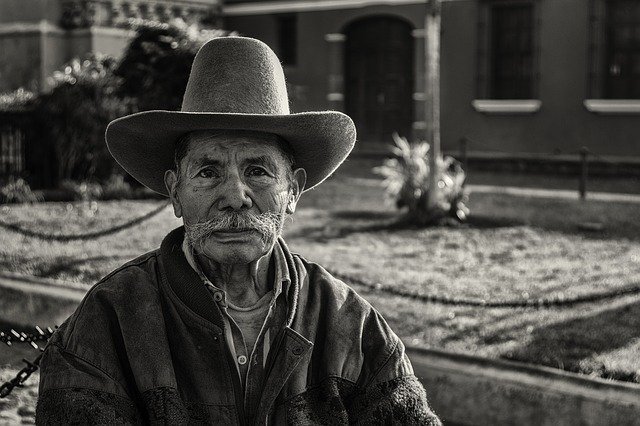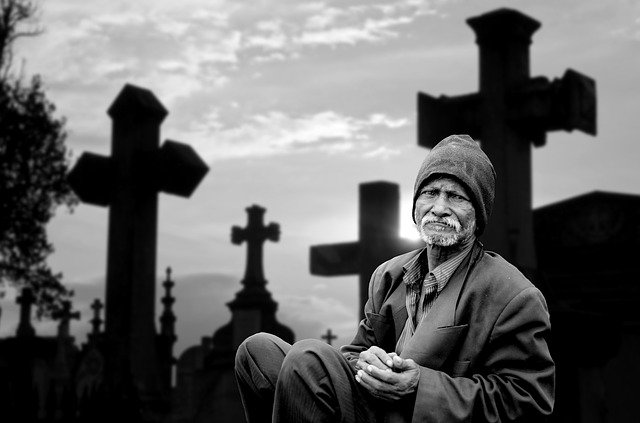The paper examines how the healthcare and social care pillars of social policy for aging societies shape inequalities in health and well-being at old age, utilizing qualitative and quantitative datasets. The results intimate the lack of geriatric infrastructure, hence the inadequacy of geriatric care provision for older adults. Systemic problems or gaps existent in Ghana led to private individuals taking advantage of the situation, turning it into an opportunity for service providers. Thus, the evolution of recreational/residential homes in Ghana is situated along three distinct patterns or forms namely the occasional, the adult day care center and residential archetypes. Collectively, these constitute formal and informal care facilities.
These are often privately owned and at a cost. The nature of quality of care may be affected by the types of homes available, especially in the globalized cultural setting. A growing number of older adults resort to care homes as an alternative measure. These are discussed from two viewpoints. First, geriatric data generation, the absence of which impedes healthcare provision. Second, cash-for-care policies may exacerbate existing inequalities in care with negative consequences for health and well-being. In short, policies for aging populations are being implemented across Ghana with too little known about their consequences for inequalities in health and well-being in later life. The paper sought to address this knowledge gap by exploring a significant infrastructure by undertaking a systematic examination of how recent policy developments for aging exacerbate or reduce inequalities in health and well-being among older adults. The paper concludes that social policy for aging societies’ specific key pillars (healthcare and social care research) offers opportunities for analyzing and understanding internal dynamics including the effects of policy implementation for inequalities in health and well-being at older ages, therefore enabling the identification of strategies to improve older adults’ circumstances, without which older adult population will far outpace elder care provision.
Concerns With Care Provision for Older People
Care for older people is a widespread phenomenon. In some high-income countries, there is variable funding for social care; for example, Germany has a special tax to help fund this. In the United Kingdom (UK), social care for patients in institutions is means tested, for example, above a certain level of assets this is self-funded. The same is in the United States. Consequently, this is an issue facing all countries (Robertson et al., 2014). The evolution of the aging population is faster to live in low-and-middle-income countries (LMICs). Eighty percent of older adults will live in LMICs (Agbogidi and Azodo, 2009; WHO, 2017a), including Ghana.




